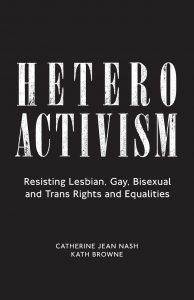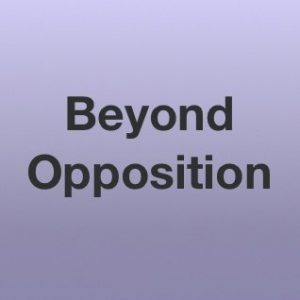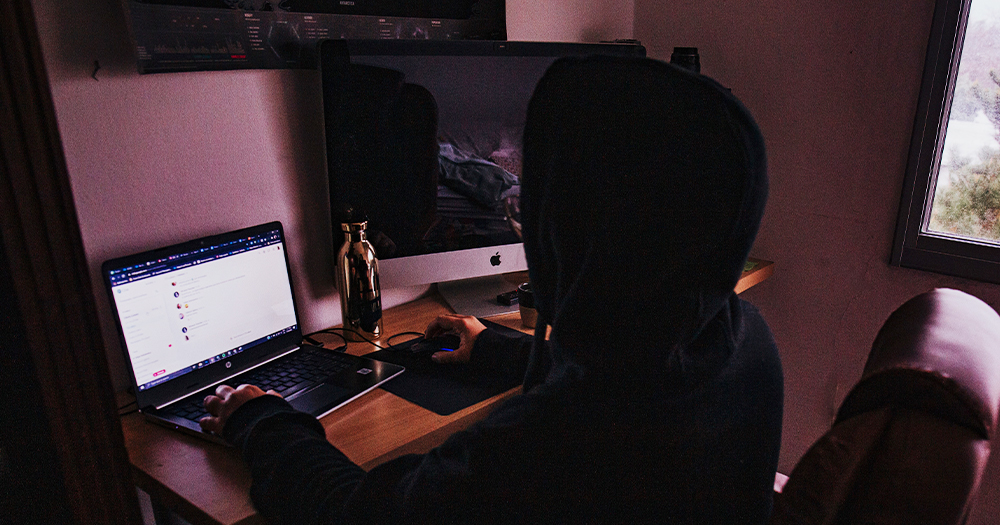Due to the significant progress of LGBTQ+ rights around the world, there has been a subsequent rise in opposition against sexual and gender equalities. Researchers Kath Browne and Catherine Jean Nash have investigated the changes to rhetoric and tactics of resistance in their book Heteroactivism: Resisting Lesbian, Gay, Bisexual and Trans and Equalities.
Speaking about their groundbreaking book, Professor at University College Dublin, Kath Browne, shared, “The presumption is you can just call people dangerous or homophobic or biphobic and then they will go away. Actually, what we found in our research is that isn’t true and if anything, it bolsters arguments in ways that people maybe don’t anticipate.”
“The argument has shifted so massively and that shift, we don’t think, hasn’t been accounted for at all. So, this book is about naming that shift and about showing people what these arguments are and what they mean,” Browne continued.
As countries observe political and social changes in terms of marriage equality, LGBTQ+ education in schools, and trans rights, new attacks emerge to reposition heterosexuality as superior. Unlike prior arguments that decried same-sex relationships as deviant or relied on demonising queer people, heteroactivists operate through a moral superiority; exploiting concerns around children, as well as freedom of speech.
Professor Emeritus of Geography and Tourism Studies, Catherine Jean Nash, highlighted the need for reassessing approaches to these new forms of resistance. She said, “We are very concerned that many groups still rely on ‘Oh, you are homophobic’ or ‘You’re transphobic’ without really coming up against the arguments. Part of our book was to say – pay attention to these arguments, cause we need to start thinking about how to deal with them, in both the political and social arena.”

Nash began researching the growth of heteroactivism in the early 2000’s when she noticed obscure groups objecting to LGBTQ+ equalities outside the mainstream. What started as a small project looking into how they shaped their arguments quickly became something larger. Around 2012 and onwards, she noted, “Those small objecting groups became stronger and bigger and louder and gained a much more mainstream presence than we originally thought they would.”
After sharing a conversation in Canada many years ago, the two researchers decided to carry on the topic and further understand the emerging heteroactivists. Speaking about the aims of their book, Browne stated, “It’s not about saying ‘this is a hidden agenda’. It’s right there. In the Irish context, it was right there during the 2015 referendum, it wasn’t something that was hidden, it was very clear how they made these arguments.”
Reflecting back on the marriage equality referendum, Browne notes how the two sides seemed to run in parallel lines alongside each other. In regards to rhetoric surrounding the No side and its aftermath, she said, “Failing to understand those arguments and to really get to grips with them will have consequences down the line as they regroup and as they reconsider.”
Nash further illustrates the long-lasting consequences of these arguments by discussing flashpoints- one of the key frameworks utilised within this research. Speaking on the concept, she said, “When there are these individual explosions, I think people are suddenly forced to respond to these arguments, but I don’t think we are seeing any consorted broader activist engagement with the larger implications of these arguments.”

Since writing the book, Nash has noticed a shift away from LGBTQ+ equalities and towards gender issues within the arguments being made by heteroactivists. She said, “It’s as though they don’t want to touch gay, lesbian, queer issues anymore unless they are somehow related to ‘confusing’ children around gender. They are really finding some traction in that universal argument that we should all be concerned about our children and not just because of religious reasons but this broader sense of the innocence of childhood, parental rights, biological confidence, all those kinds of arguments.”
This shift in arguments can be accredited to whether the rhetoric gains traction, both researchers observe. In many ways, resistances to LGBTQ+ equalities have gained ground by portraying themselves as victims of a ‘woke’ world, a significant divergence away from past oppositions rooted in heterosexuality being at the centre and the queer community existing on the outside.
When asked how the loss of queer spaces due to COVID-19 affects heteroactivism, Nash commented, “For them, it’s not so much the loss of LGBT space, it’s the apparent presence of sexual and gender rights in all of these spaces that they never had to deal with before. They are finding their space more crowded by an LGBT presence. Part of their experience is this loss of their space by the inclusion of queers.”
Nash continued to speak on the relation between heteroactivism and space by sharing, “All of those folks would argue that they find themselves having to be ‘activists’ in some ways because their everyday lives come up against these difficulties. To demonstrate the difficulty in merely, they would argue, existing in this brave new world of sexual and gender equalities.”

To further understand the emergence of heteroactivism along with accounting for the impact of LGBTQ+ equalities on those who oppose these advancements, Browne and Nash are leading a research project titled Beyond Opposition. They will be speaking with people to assess how legislative, political or social changes in relation to sexualities and sex/gender affect everyday life.
Speaking on the aims of the project, Browne shared, “For Beyond Opposition, we are not just trying to find the counter arguments, we are actually trying to think about what else we might do to address social issues of social cohesion and the impacts of sexual and gender equalities in ways that allow us to do something more than say ‘you are wrong, you’re a bigot, go away’.”
On the Beyond Opposition research project website, it reads, “Overall this project is about addressing social polarisation by looking at how we might move beyond opposition. The project aims to explore new ways of understanding differences and develop our knowledge about the effects of sexual and gender changes in the 21st century. In the later part of the project, we will be thinking how we might work across difference and interact with each other differently.”
Nash and Browne’s insightful new book ‘Heteroactivism: Resisting Lesbian, Gay, Bisexual and Trans and Equalities’ can be found at this link.
The research team behind ‘Beyond Opposition’ are still seeking to speak with people, for more information follow this link.
© 2021 GCN (Gay Community News). All rights reserved.
Support GCN
GCN is a free, vital resource for Ireland’s LGBTQ+ community since 1988.
GCN is a trading name of National LGBT Federation CLG, a registered charity - Charity Number: 20034580.
GCN relies on the generous support of the community and allies to sustain the crucial work that we do. Producing GCN is costly, and, in an industry which has been hugely impacted by rising costs, we need your support to help sustain and grow this vital resource.
Supporting GCN for as little as €1.99 per month will help us continue our work as Ireland’s free, independent LGBTQ+ media.
